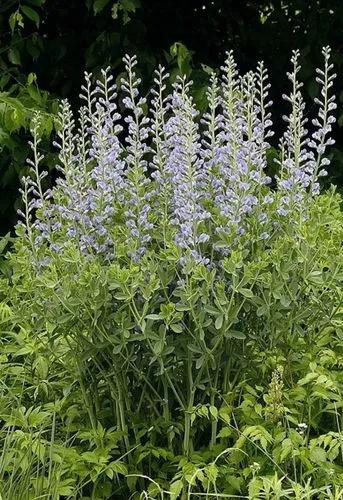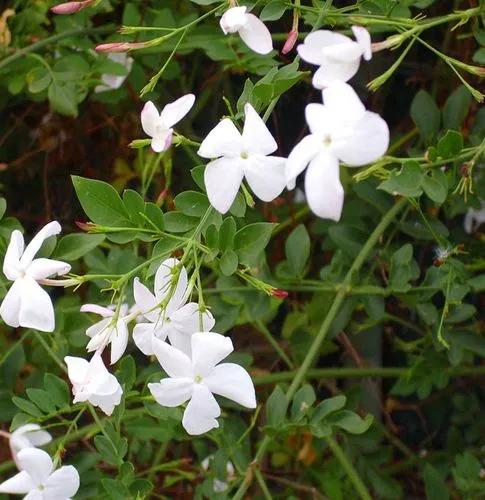Allium tricoccum is a flowering plant species (commonly known as ramp, ramps, ramson, wild leek, wood leek, or wild garlic) is a North American species of wild onion widespread across eastern Canada and the eastern United States. Many of the common English names for this plant are also used for other Allium species, particularly the similar Allium ursinum, which is native to Europe and Asia.
Allium Tricoccum Care
Allium Tricoccum



In Canada, ramps are considered rare delicacies. Since the growth of ramps is not as widespread there as in Appalachia and because of human activity, ramps are a threatened species in Quebec. Allium tricoccum is a protected species under Quebec legislation.
How to Care for the Plant

Water

Water the plants well, and mulch the whole bed with something like shredded leaves or leaf mold. Although ramps like regular moisture, they do not grow well in wet soils. If other woodland flowers such as bloodroot, trillium, and trout lily will grow in the area, ramps should do fine. They grow actively only for a short period in the spring, so there is little room for error.

Pruning

Although you can harvest your ramps at any time, harvesting before the patch has had a chance to enlarge will very quickly deplete the patch. It's best to give the patch a few years to spread out, then harvest by thinning out the largest plants, digging the whole clump, bulb and all. Be careful not to damage neighboring plants.

Fertilizer

Ramps may need no feeding if the soil is rich in organic matter and has a neutral pH. They prefer soil with relatively high levels of calcium and magnesium; if your soil conditions are poor, consider feeding with these nutrients first.

Sunlight

Shade to partial shade.

Soil

A loam soil that contains a nice balance of silt, sand, and clay along with humus.

Temperature

Provide good air circulation, with temperatures between 65 (18 °C) to 75 F (23 °C) and nighttime temperatures between 50 t(10°C) to 60 F (15 °C).

Popularity

205 people already have this plant 18 people have added this plant to their wishlists
Discover more plants with the list below
Popular articles






